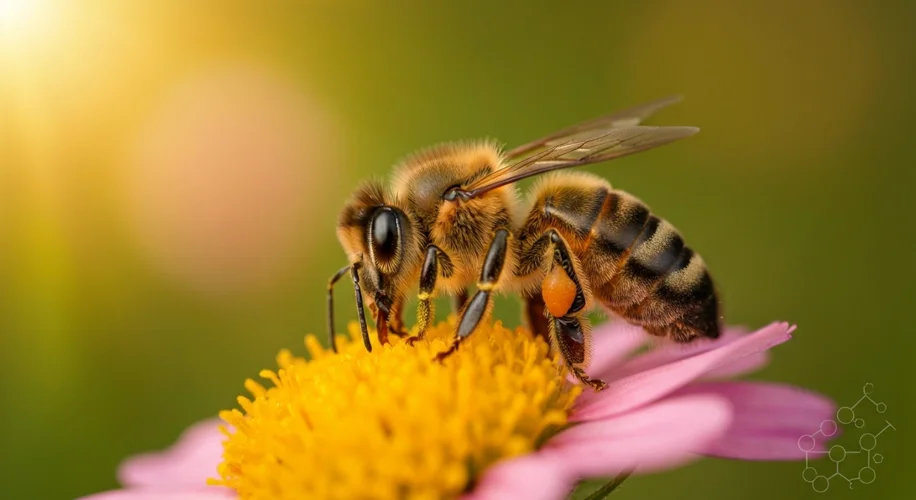Did you know that bees, our essential pollinators, have been facing some serious challenges? It’s true. But there’s some incredibly hopeful news from the scientific community that could make a real difference.
Scientists have recently pinpointed specific nutrients that were missing from the diets of bees, and the results are pretty remarkable. In controlled studies, when these vital nutrients were added to the bees’ food, their colonies experienced an astounding fifteen-fold growth. That’s a huge jump!
For a long time, researchers have suspected that diet plays a critical role in the health and success of bee colonies. While we know bees need pollen and nectar from flowers, it turns out that the quality and completeness of their diet are just as important as the quantity. Think of it like humans needing a balanced diet with vitamins and minerals, not just calories. Bees are no different.
So, what are these crucial missing nutrients? The research points to a specific blend of amino acids, which are the building blocks of proteins. These amino acids are often found in pollen, but depending on the available flora, certain essential ones might be scarce in a bee’s environment. When these gaps are filled, bees can build stronger bodies, reproduce more effectively, and generally thrive.
Why is this so important? Bees are vital for our food systems. They pollinate a massive percentage of the crops we eat, from fruits and vegetables to nuts and seeds. Without healthy bee populations, our food supply would be severely impacted, leading to less variety and higher prices.
This discovery isn’t just fascinating science; it offers a tangible path forward. By understanding these nutritional needs, we can develop better supplemental feeding strategies for bees, especially in areas where natural forage is limited or compromised. This could involve creating specialized bee food that provides the full spectrum of essential amino acids, helping to bolster bee health and resilience.
It’s a sweet reminder that even small changes in nutrition can have a massive impact, not just for us, but for the tiny, industrious creatures that help keep our planet fed. This breakthrough gives me a lot of hope for the future of our buzzing friends and, by extension, our own.

